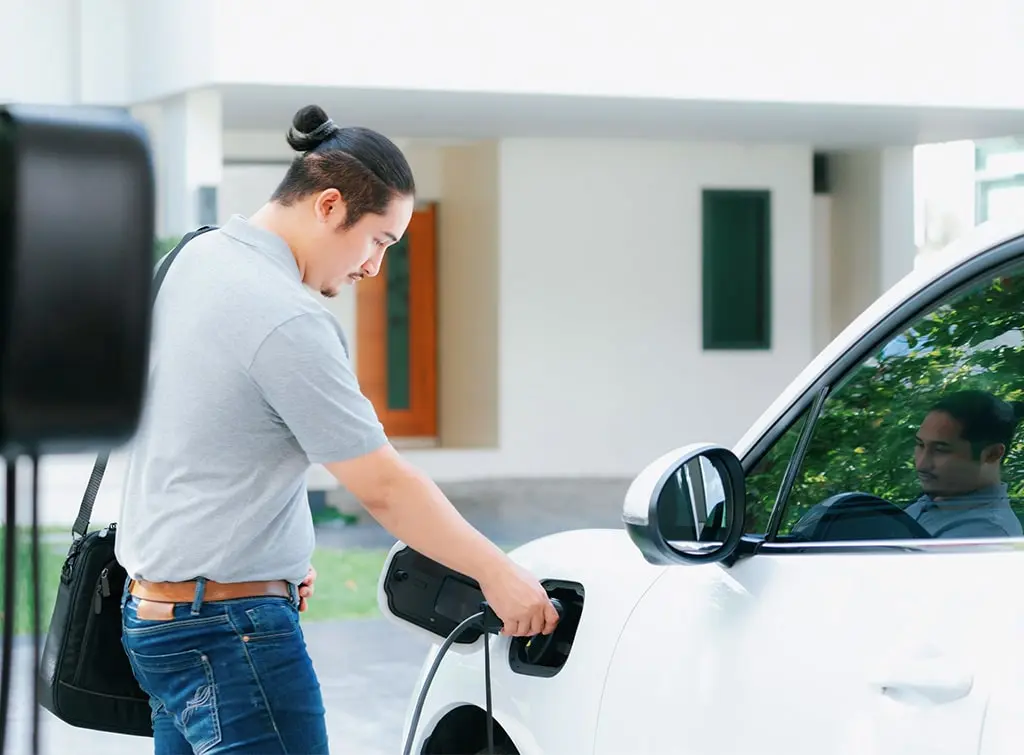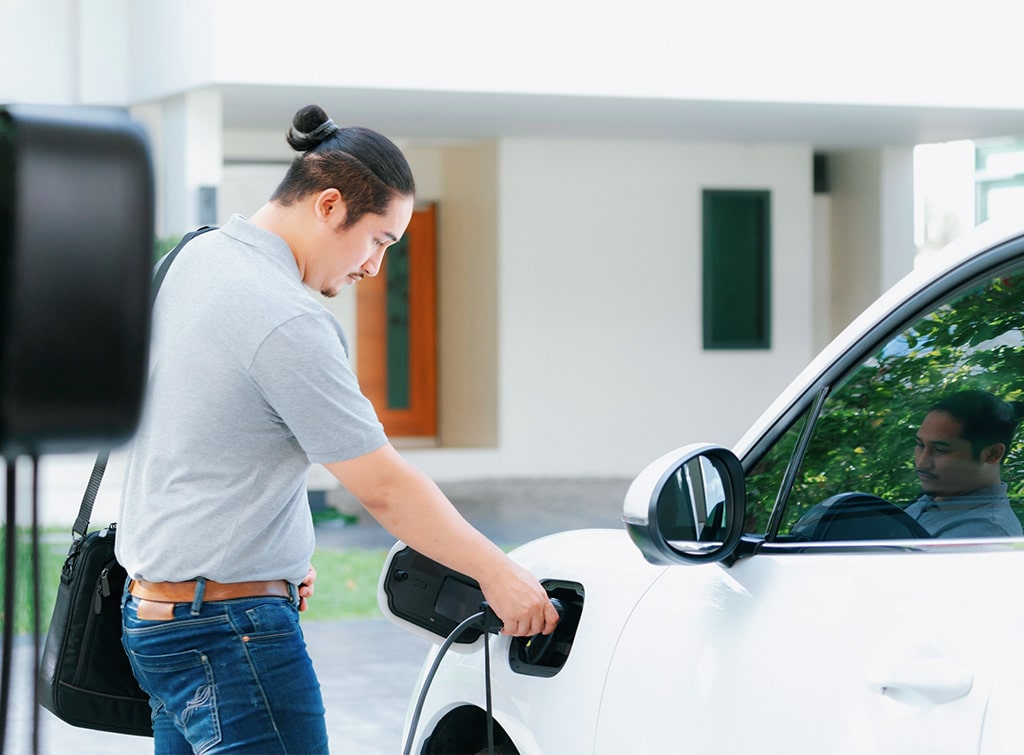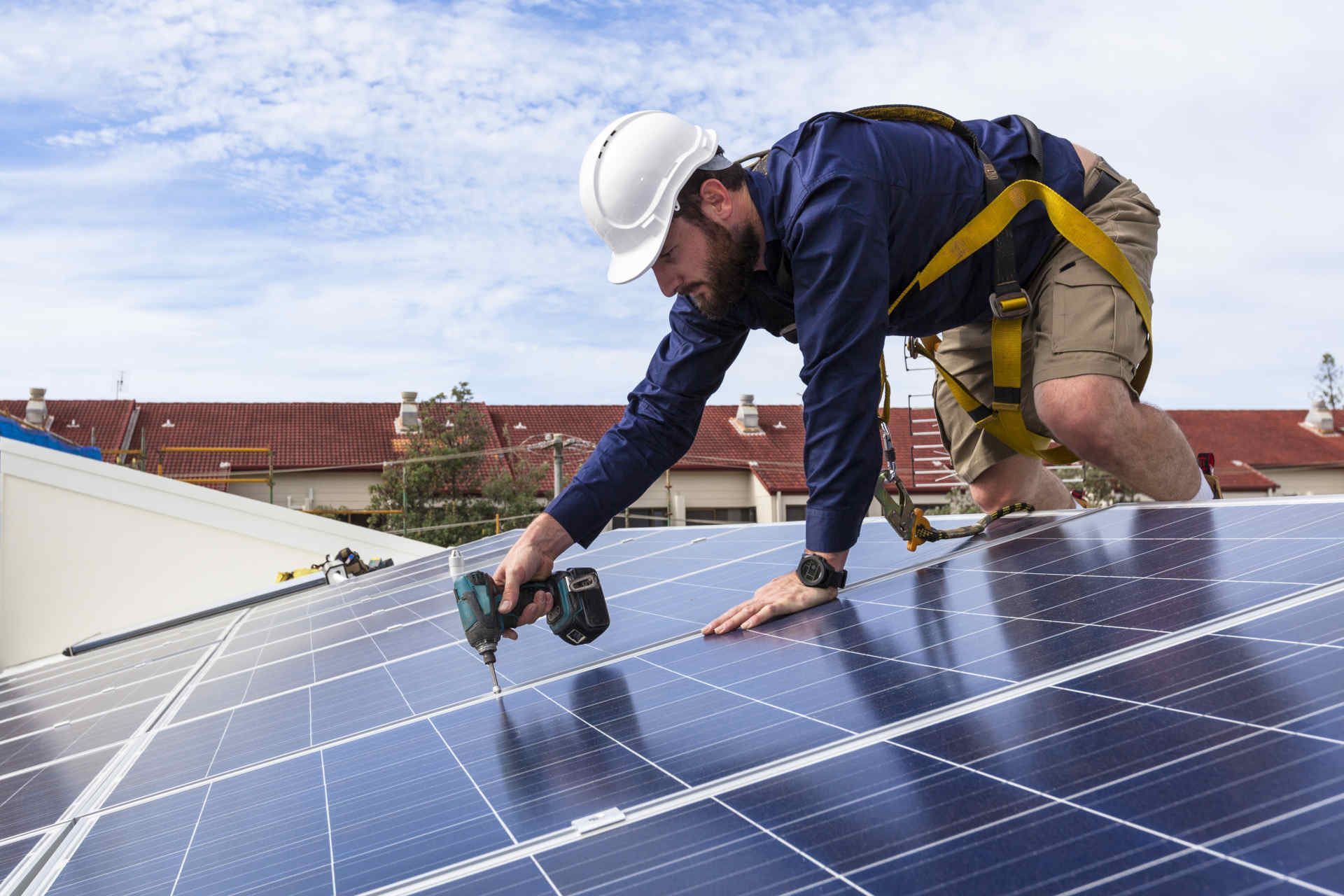Blog>Expert Advice>Why does my EV charger keep turning off?
Last updated: 2 October 2024
Why does my EV charger keep turning off?
We look at some of the most common EV charger problems and provide troubleshooting tips to help fix the issue safely and efficiently.

Whether you're charging at home or a public station, EV charger problems can be frustrating and incredibly inconvenient.
If you're struggling with electric car charging problems, or trying to figure out why your EV charger keeps turning off, we've got you covered.
We look at the potential causes of EV charger issues, including software and electrical issues, problems with EV charging stations, and common home EV charger problems.
Read on for some EV charger troubleshooting tips and quick fixes.
Why does my EV charger keep turning off?
If your EV charger keeps cutting out or not charging properly, there could be several potential causes.
User error, technical glitches, or issues with the equipment itself could be the culprit.
Quick fixes for electric car charging problems
If you're stuck and your EV charger is not working properly, try these quick fixes. Some of these fixes might not apply to all EV models, depending on the type of vehicle or charger being used. However, with any luck, you'll be charged up and back on the road in no time.
1. Check your connections - Loose connections can prevent charging from starting. Check the charging cable is securely connected to your vehicle and the charging station.
2. Press the Timer Override Button - Some EVs have a 'timer override' button that allows you to bypass any scheduled charging you may have initiated. With your vehicle switched off, open the charging door, press the override button, and begin charging.
3. Verify payment or software settings - For public chargers, make sure you've verified the payment for charging via your app. If home charging, check whether you have any charging schedules set in your app, as these can prevent you from charging outside of set times.
A complete guide to EV charging point installation at home
We outline everything you need to know about EV charging point installation at home.
EV charger troubleshooting
If the quick fixes above haven't worked to kick-start your vehicle charging, let's take a look at some other possible problems.
However, if in doubt, don't hesitate to contact a qualified EV charger installer who will identify and fix the problem safely and efficiently.
See the tradespeople we've checked and recommend for your job
1. Human error
Let's begin our EV charger troubleshooting by checking off a few simple things that could be the source of the problem. By ruling these out, you'll be better placed to diagnose the root cause of the problem.
Loose cable connections: As mentioned above, double-check that your charging cable is properly connected to both your vehicle and the charging station
Charging timers: Do you have a charging schedule in place, either on your app or within the charger settings? As described above, you may need to use the timer override button to allow charging outside of these times
Wrong connector type: Public chargers come with various connector types. If your EV doesn't match the charger, it won't start, so check the connector before plugging in
Already charged: If your EV is fully charged, or at 80%, the charger may switch off to prevent over-charging and electricity wastage
2. Software or electrical issues
Some motorists have problems with EV chargers not working because of software glitches and electrical faults. This is sometimes found to be the case with the Pod Point home charger not working. Here's what to do:
Software glitches
Some EV chargers rely on software to monitor and manage the charging process.
However, if your software is out-of-date or experiencing a glitch, your charger may turn off unexpectedly.
Fix: Check for updates in the app and then reset the system.
Electrical faults
EV chargers are equipped with a circuit breaker, which will automatically shut off the power if a fault is detected or the electrical system is overloaded.
However, it can sometimes be triggered unnecessarily if the system is overly sensitive.
Fix: Contact a qualified electrician to inspect your system setup.

On Checkatrade, you'll only find trades who meet our high standards and pass up to 12 checks.
3. Problems with EV charging stations
It can be particularly frustrating when you come across public charging stations not working. Again, there could be several possible causes:
Network failures: It could be as simple as the network connection failing, which means the charger won't be able to process payments or begin charging
Vandalised or broken chargers: As with any type of equipment, you may just be unlucky that the charging station you've arrived at has broken. This could be due to dirt and debris in the charging port, or vandalism
Power cut: As with network failures, from time to time, a power outage could cause public chargers to fail
4. Home charger problems
Is there anything worse than finding out your EV vehicle has not charged properly while plugged in overnight? There could be a number of reasons for your home EV charger not working:
Faulty wall charger
The first bit of EV charger troubleshooting is to check the wall charger itself.
Look to see if the charger is still online - can you see the menu or log into the app? If so, power off the charger and restart it after a few minutes. Some smart chargers display error codes that (with the help of the user manual!) will help to diagnose the problem
If this doesn't work, check for any visible damage to the charger or its wires
Charging cable
To determine whether the fault could be with the charging cable itself, test it at a different charger. Sometimes, faults can occur due to dust, dirt, or debris getting inside the connector.
Extension leads
Don't be tempted to use a domestic extension lead for EV charging. They're not designed to carry the high power needed to charge an EV. Always use a longer, EV-specific charging cable to avoid overheating or fire hazards.
Settings
EVs can be incredibly smart - sometimes too smart! If your EV has a smart charging mode, it could prevent it from charging at certain times or under certain conditions.
Similarly, you may have a timer setting programmed in your app to stop your EV charging outside of these parameters.
Check your EV's charging settings to rule this out as a possible cause of why your EV charger is not working.
Electrical issues
It could be that your EV charger turned off due to an overnight power outage and your vehicle didn't reconnect when the power was reinstated.
However, it could be that your EV charger keeps turning off due to ongoing issues with the power supply.
Have you recently had electrical work done at your home?
Are other electrical appliances also affected?
Can you see any loose or damaged wiring inside the charger or your home's electrical system?
An unstable or insufficient electrical supply can cause your EV charger to turn off intermittently. Therefore it's essential to hire a qualified electrician to check your home electrics without delay.
Contact or pay a trade through Checkatrade and you’re covered by our 12-month guarantee of up to £1,000*

Find a qualified electrician near you
If you've worked through the quick fixes and troubleshooting tips to no avail, it's time to contact an EV installer or qualified electrician near you for help.
Search for certified and approved tradespeople in your area by entering your postcode, below.
See the tradespeople we've checked and recommend for your job
FAQs
Why does my charger keep cutting out?
There could be several reasons for this, including user error, software or electrical problems, or issues with the charging unit or cable itself.
Does an EV charger automatically turn off?
Many EV chargers will turn off automatically when the battery is sufficiently charged, if there is an issue, such as overheating, or an electrical fault.
Is it okay to leave my EV charger plugged in all the time?
It's generally safe to leave an EV charger plugged in - many will turn off automatically when the battery is sufficiently charged.
Does leaving the charger plugged in the car drain the battery?
No, the charger will only deliver power when the EV needs it, so leaving it plugged in won't drain the battery.
Why is my car plugged in but not charging?
At a public charging station, this could be due to a network failure, a broken charger or cable, or a power outage. Problems with a home EV charger could be due to loose connections, charging settings, a fault with the unit itself, or a broader electrical issue.
See the tradespeople we've checked and recommend for your job
See the tradespeople we've checked and recommend for your job



